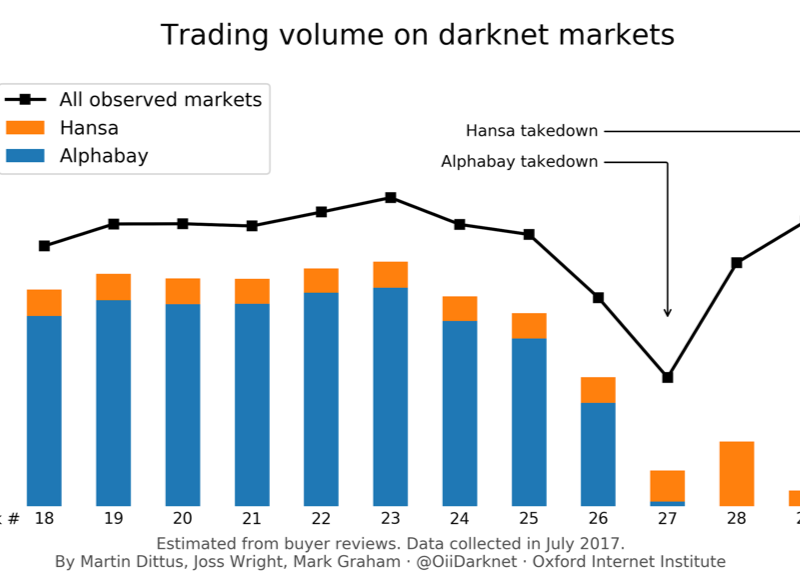Accountants are an added aws accounts buy, but they save busy small business owners time, which is a valuable commodity. Small business owners who hand difficult paperwork over to accountants have more time to devote to finding new customers and following up with former clients. It is also possible for accountants to discover new ways for a business to save money or find the funds necessary for a new expansion. However, this advice may come with an added cost unless the accountant offers it as part of his or her normal services.
Accountants’ fees may be tax offsets, making the cost of hiring an accountant more affordable. Some small business owners may discover that benefits a professional accountant provides outweigh the cost of the accounting fees.
How to Find an Accountant:
Like any other position it is important to choose an accountant who fits well with your business. Some companies keep accountants on retainer to handle every financial aspect of the organization, while others employ an accountant solely to handle taxes. No matter which route is chosen, always make sure to investigate the accountant or accounting firm and establish that they have the expertise you require. Small business owners will benefit from accountants who can guide them through the process of filing taxes as well as provide sound financial advice. They also can lead to important business introductions.
Accountants and New Technologies:
Accountants are useful for both small business and personal accounts. In today’s ever-changing marketplace in which advances in technology can vastly change the structure of a business, a qualified accountant will also need to be technologically aware. Technological changes are ongoing, and they do have an impact on the way people conduct business. An accountant should have the ability to use information technology for the strategic advantage of a small business. They should also be comfortable with the software a company uses.
When meeting with potential accountants, it is important to ask the appropriate questions and gauge how well the person will fit in with your organization. First determine whether or not the accountant is a CPA. It is not essential for a small business to hire a certified accountant, but there are certain situations that do require them. Certified public accountants do charge more than accountants who are not certified, and you must decide if a CPA is what your company really needs.
Ask about the accountants work history. An accountant familiar with your type of business will be able to provide valuable insight and advice to help your company. Specifically ask what type of advice the accountant will be able to provide you and your company. Find out what other businesses the accountant represents and use that information to determine the level of experience a candidate has.
Find out if an accountant is technologically aware. Ask questions about the programs your company uses to manage the accounts. How will the accountant wish to integrate your files? Will most of the discussions about the business take place over the phone or online? These questions will provide insight as to whether you are compatible technologically.
Always determine an accountant’s fees upfront. Make sure to ask about hourly rates (and what constitutes an hour), reimbursement charges and retainers. Make sure that you understand all of the parameters so that you are not surprised by any unexpected charges later on in the relationship.
Finally, ask about the accountant’s ties to the community. Accountants provide wonderful referrals. They understand their clients’ businesses and instinctively know whom they would work well with, be it a customer, investor or banker. The bottom line is that an accountant can provide a small business with so much more than simple tax information.


